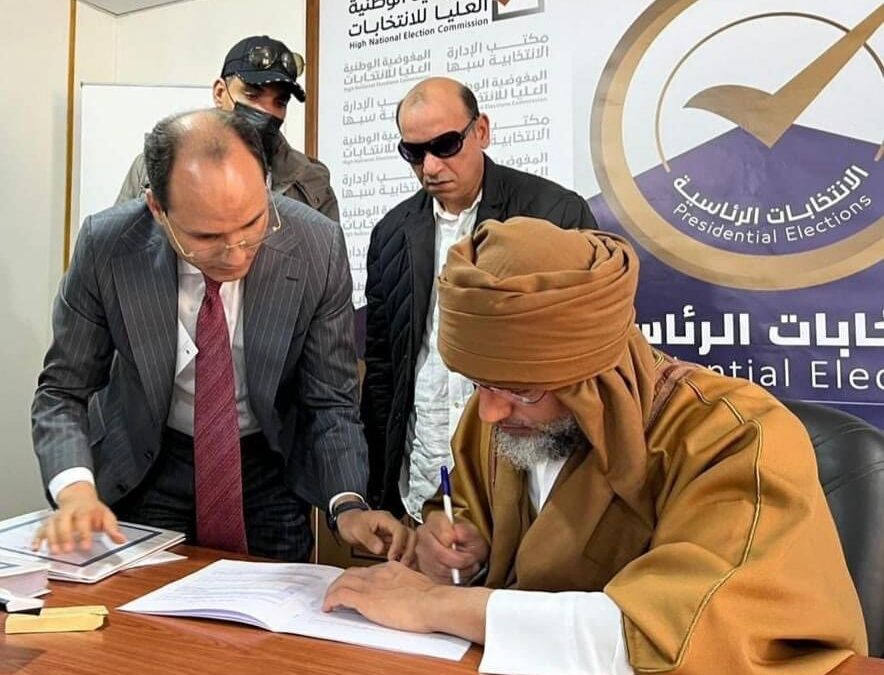
Nov 20, 2021 | News
Libya’s High National Electoral Commission (HNEC) must ensure that alleged perpetrators of serious human rights violations be barred from running in the 24 December 2021 elections, the International Commission of Jurists (ICJ) said today.
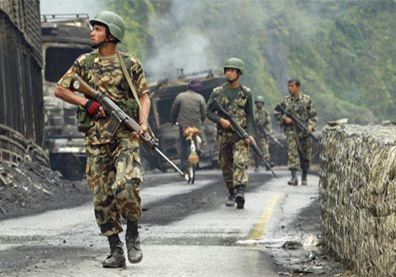
Nov 20, 2021 | News
Nepal has made no progress on justice for crimes under international law in the 15 years since the signing of the Comprehensive Peace Agreement, Amnesty International, International Commission of Jurists, Human Rights Watch and TRIAL International said today.
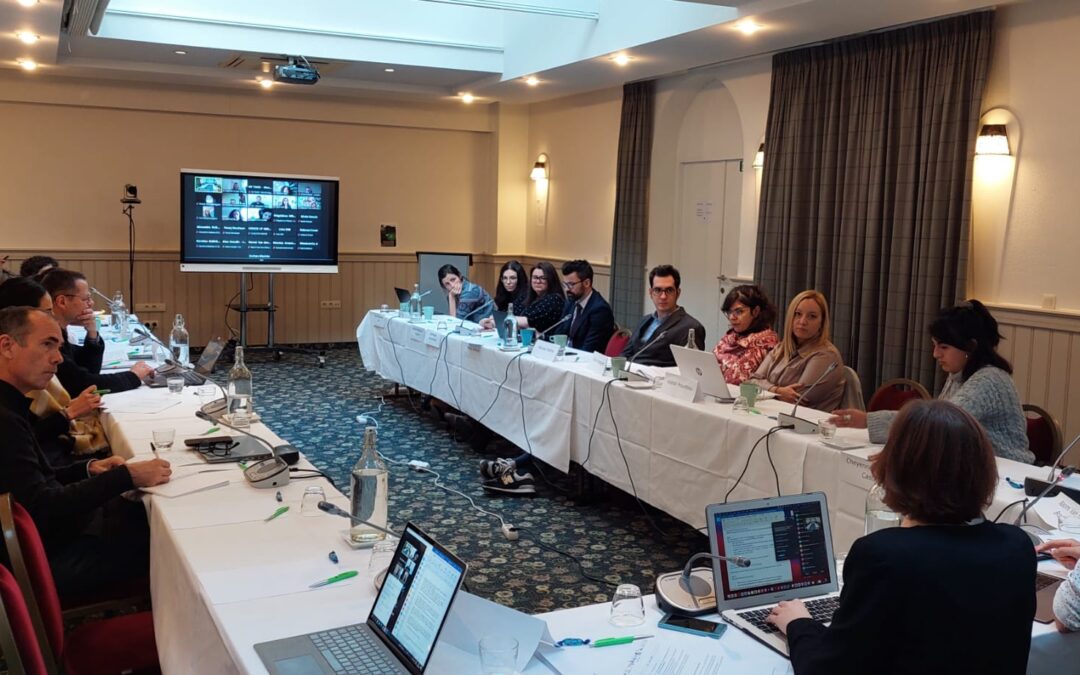
Nov 19, 2021 | Events, News
Building trust with a child in order to ensure their access to information and legal assistance is crucial from the very start. It can be best done in a safe space, and it is effectively impossible while the child is deprived of liberty, an ICJ workshop concluded.
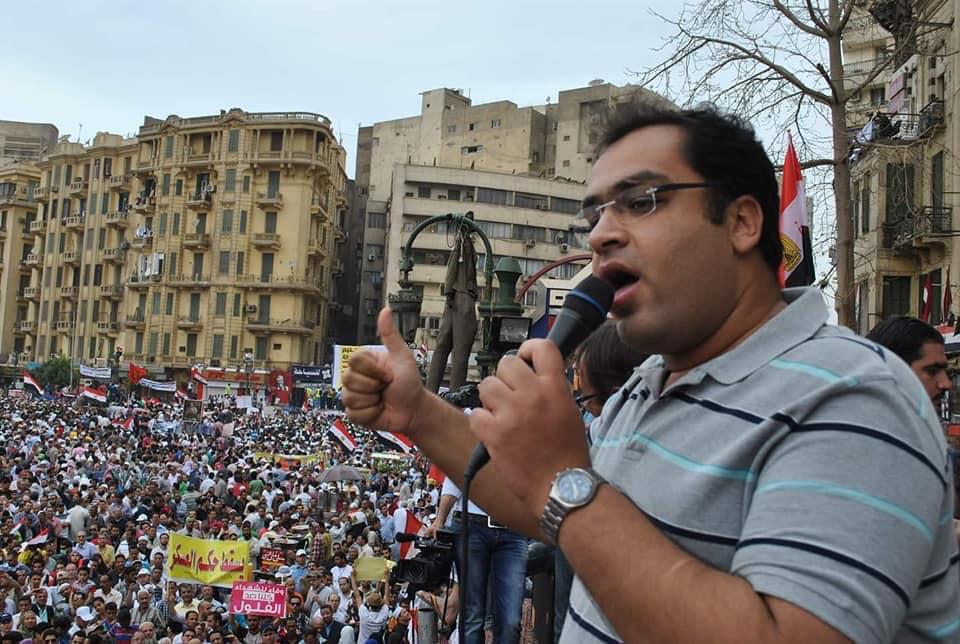
Nov 19, 2021 | News
The Egyptian authorities should quash the convictions of Zyad el-Elaimy, Hossam Moanis, Hisham Fouad and others in Case 957/2021, and ensure their immediate and unconditional release, said the International Commission of Jurists (ICJ) today.
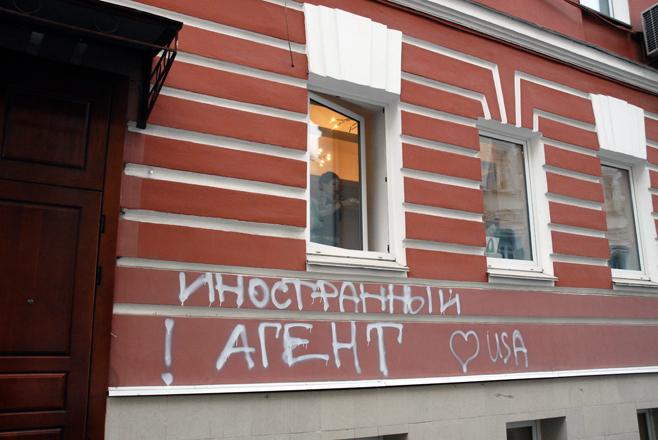
Nov 17, 2021 | News
The International Commission of Jurists (ICJ) condemns the administrative suit by the Prosecutor’s Office to shut down International Memorial and the Memorial Human Rights Centre, which are among the oldest and most reputable human rights groups in the Russian Federation.
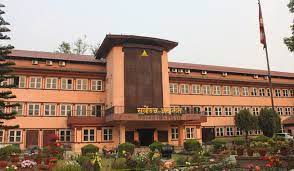
Nov 12, 2021 | News
The independence and integrity of the judiciary in Nepal is being jeopardized by the crisis at its Supreme Court, the ICJ, Human Rights Watch and Amnesty International (AI) said today . To uphold human rights and the rule of law, it is essential to resolve the crisis in a way that maintains, and enhances, the court’s credibility and independence.










